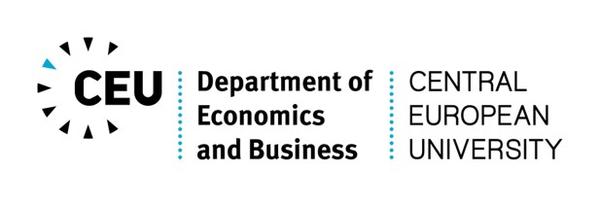
Should I Study Economics or Business?
We help you understand the difference. Choose the master degree best fitting you.

Here is what we cover:
What Is Economics And What Is Business?
ECONOMICS
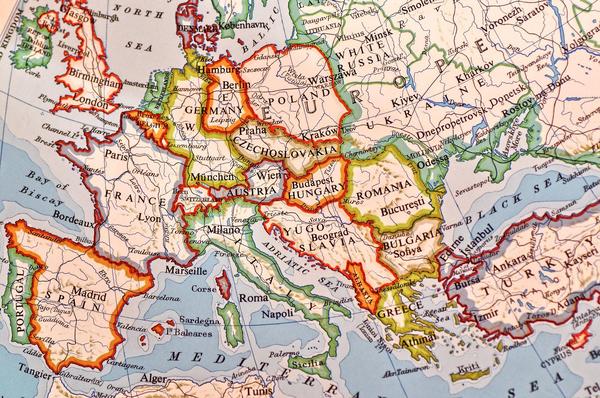
Economics means studying the economy of a country or a region, the result of the economic behavior of the people and businesses that live there.
BUSINESS

Business means doing something specifically related to a company's activities and success.
What Do Economics And Business Students Learn About?
ECONOMIC STUDIES

Economics studies: students are specifically taught analytical techniques and conceptual approaches to be able to analyze and understand the economic processes of a society, to analyze the human decisions, evaluate economic policies, etc.
BUSINESS STUDIES

Business studies: developing students' skills in finance, business analytics, marketing, commerce, management organization, consultancy, accounting etc.
Which Fits Me Better? How to Choose?
Study Economics If:
Study Business If:
What Courses Do Excite You?
At CEU in Vienna, we offer you programs both in economics and business, and you may take the subjects below. Some of them are compulsory core courses, most of them are electives from which you may choose based on your interest.
Economics Master Courses
Master of Art in Economics, Data, and Policy:
Math Pre-Session
Data Analysis
Coding
Microeconomics
Macroeconomics
Current Issues/Research Seminar
Academic Writing
Competition Policy
Development Economics
Ecological Economics
Fintech in Depth
Future of Work
Game Theory
Labor Economics
Statistics for Econometrics
Economic Forecasting
Economics of Education
Fiscal Policy in Practice
Games and Asymmetric Information
Advanced Econometrics
International Economic Policy
Global Economy
Development Economics
Economic Policy and Global Strategy
International Economic Integration
Impact Evaluation with R
Machine Learning
SQL and Different Shapes of Data
Data Engineering: Cloud Computing
Natural Language Processing
Financial Management
Trading and Portfolio Theory
Corporate Finance and Risk Management
Asset Pricing
Fixed Income
Financial Reporting
Banking and Financial Institutions
Sustainable Finance
Business Master Courses
Master of Science in Finance:
Financial Reporting and Control
Financial Management
Asset Pricing
Trading & Portfolio
Banking and Financial Institutions
Finance Use Case Seminars
Economic Foundations of Finance
Ethics in Finance
Corporate Finance & Risk Management
Company Valuation
Corporate Governance
Entrepreneurial Finance
Fintech in Depth
Entrepreneurship and Innovation
Derivatives
Fixed Income Analysis
Personal Finance
Private Equity and Venture Capital
Banking IT and Fintech
Financial Trading Design and Technology
Derivatives
Comparative Bankruptcy Law
International Investment Law
Legal Aspects of Corporate Finance
Data Analysis for Finance
Machine Learning
Data Science for Business
Data Engineering
Data Visualization
C++, Matlab, Python, R, SQL, VBA
Master of Science in Business Analytics:
Data Analysis 1: Exploration
Data Analysis 2: Finding Patterns with Regressions
Data Analysis: Prediction and Introduction to Machine Learning
Coding 1-3: Data Management and Analysis with R and Python
Data Engineering 1-2: SQL and Cloud Computing
Data Science and Machine Learning 1-2
Unstructured Text Analysis
Data Visualization 1-2: Tableau and R
Use Case Seminars 1-2
Data Analysis 4: Casual Analysis
Coding 2: Web Scraping
Agile Project Management and Scrum
Data Engineering 3: Using R in Production
Data Engineering 4: Big Data Computing with Apache Spark
Data Visualization 3-4: Python and Shiny
Ethics of Big Data
Banking IT and Fintech
Mastering R Skills
Mastering the Process of Data Science
Python Programming, Visualization and Text Analysis
Fintech in Depth
Financial Trading Design and Technology
What Are The Potential Career Outcomes After Graduating?
An economist can for example work as an analyst in government, international institutions, or in business; or do economic research and analytics at universities or organizations.
A business professional may run her/his own company or work at corporations in business administration at departments like Marketing, Sales, Finance, Controlling or Business Analytics, Product Development etc.
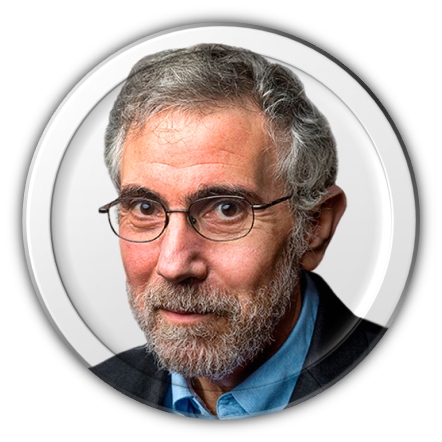
Paul Krugman is a highly respected economist. He was awarded the Nobel Memorial Prize in Economic Sciences for examining international trade patterns and the global distribution of economic activity & resources.
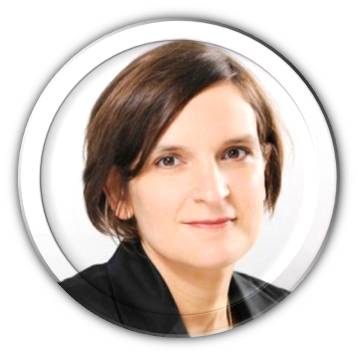
Esther Duflo was awarded the Nobel Memorial Prize in Economics for her work with peers conducting trial experiments to mitigate poverty and better understand the most effective development strategies.
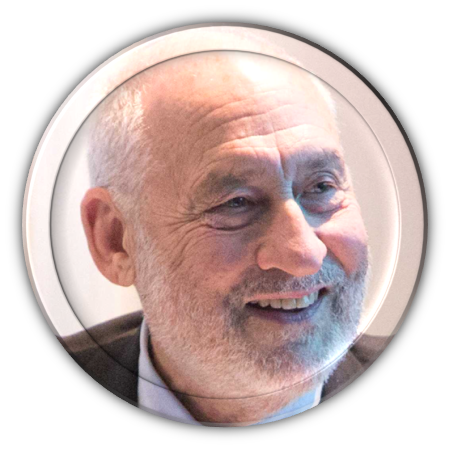
Joseph Eugene Stiglitz is a public policy analyst and was awarded the Nobel Memorial Prize in Economics for analyzing markets with asymmetric information, also known as information failure that occurs when one party to an economic transaction has more information than the other party.
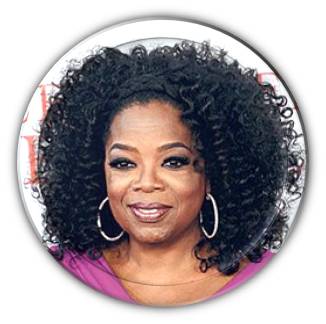
Oprah Winfrey is a successful leader and entrepreneur, investor, philanthropist. She has built a media empire from the ground up and contributed millions of dollars towards providing a better education for underserved students.
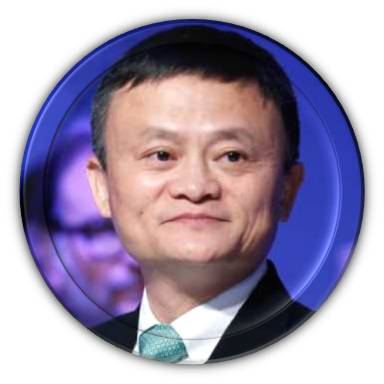
Jack Ma is a Chinese businessman, investor and philanthropist. He is co-founder and former chairman of the multinational technology conglomerate Alibaba Group one of the largest artificial intelligence companies.
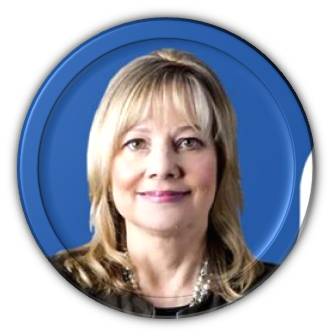
Mary Barra is President and CEO of General Motors investing heavily in electric vehicles, self-driving cars and a ride-share service aiming to redefine the future of personal mobility.
It's worth knowing that sometimes economists start companies and become successful business people, and also, successful business people who run multinational companies are inevitably economists as well, as they have to constantly analyze the global economic environment. So going in one direction doesn't mean you rule out the other forever. The question is: